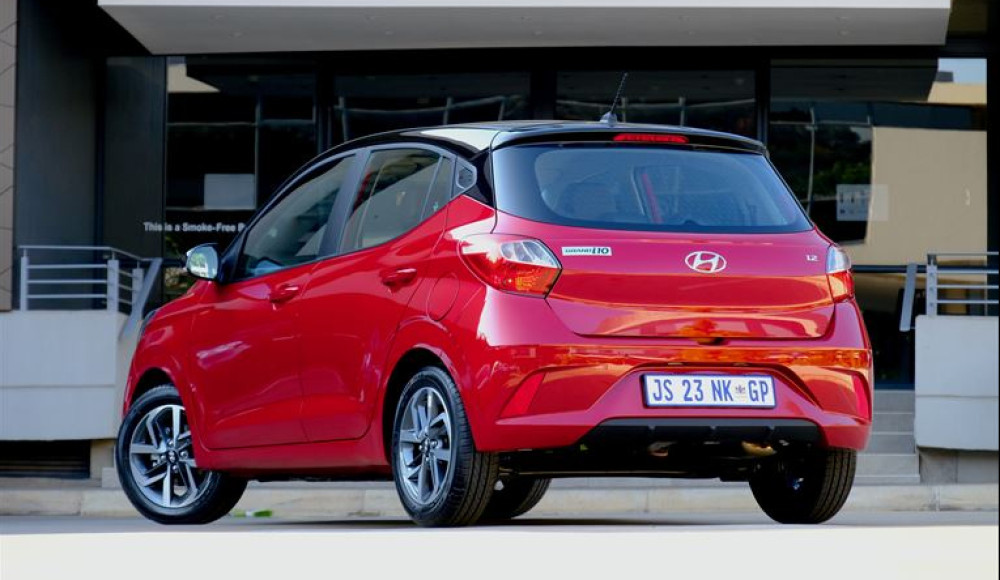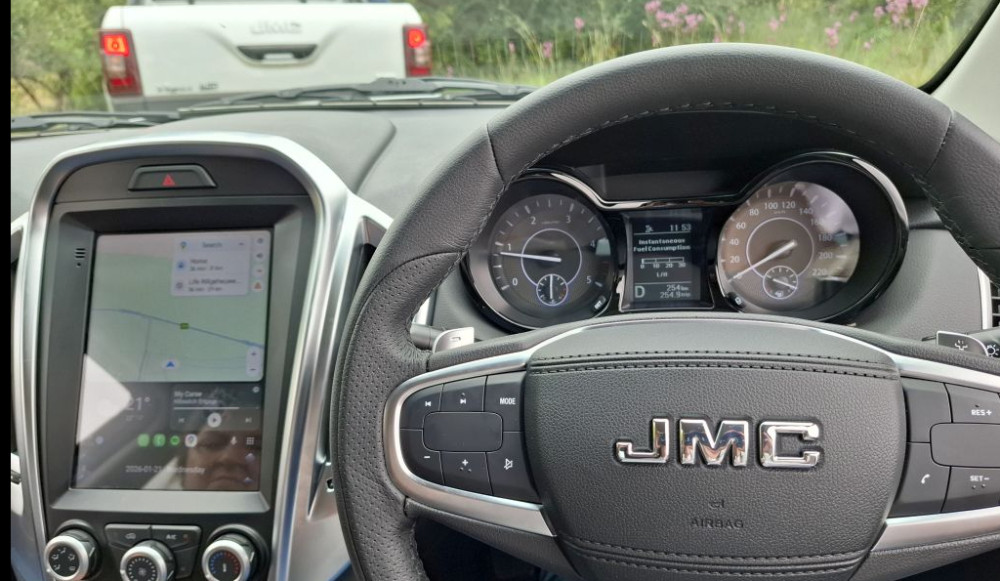Car repairs can be expensive, but there are ways to reduce costs while keeping your vehicle in top condition. The decision between tackling repairs yourself or hiring a professional mechanic depends on the complexity of the issue, your skills, and the tools at your disposal. Here’s how to decide and save money in the process.
Click here to find the perfect vehicle for your needs
When to DIY
Some straightforward repairs and maintenance tasks can be handled at home with minimal tools and guidance. These include:
Oil and filter changes: Changing engine oil and replacing the filter is relatively simple. Just ensure you use the correct oil type for your car.
Replacing air filters: Cabin and engine air filters are easy to access and replace, requiring no special tools.
Battery maintenance: Cleaning corrosion from terminals or replacing a battery is a DIY-friendly job.
Wiper blade replacement: Swapping out old wiper blades takes just a few minutes and requires no expertise.
Topping up fluids: Refilling coolant, brake fluid, or windshield washer fluid is inexpensive and easy to do yourself.
DIY repairs can save you a significant amount of money on labor costs. However, ensure you have the right tools, follow the car manual, and consult reputable online tutorials if needed.
When to call a professional
Some issues are better left to certified mechanics to avoid costly mistakes or safety risks. These include:
Engine repairs: Complex issues like timing belt replacements or diagnosing engine problems require specialized knowledge and tools.
Brake systems: While replacing pads might be doable, dealing with calipers or rotors needs professional expertise.
Electrical problems: Diagnosing wiring issues or repairing the alternator often demands advanced diagnostic equipment.
Suspension and steering: Repairs to shocks, struts, or tie rods can be dangerous if not done correctly.
Hiring a professional ensures the job is done right and keeps your vehicle safe to drive. Always compare quotes from different mechanics to get the best price.
Tips to save on repairs
Regular maintenance: Preventive care, such as regular oil changes and tire rotations, can help avoid costly repairs down the line.
Source your parts: If your mechanic allows it, buying parts yourself can be cheaper than relying on their markup.
Build a relationship with a mechanic: A trusted mechanic may offer discounts or prioritize your car during busy periods.
Get the best insurance quote for your vehicle here
By knowing when to DIY and when to rely on professionals, South African drivers can save money while ensuring their cars remain in excellent condition.
Mpho Mahlangu, in association with
proudly CHANGECARS












